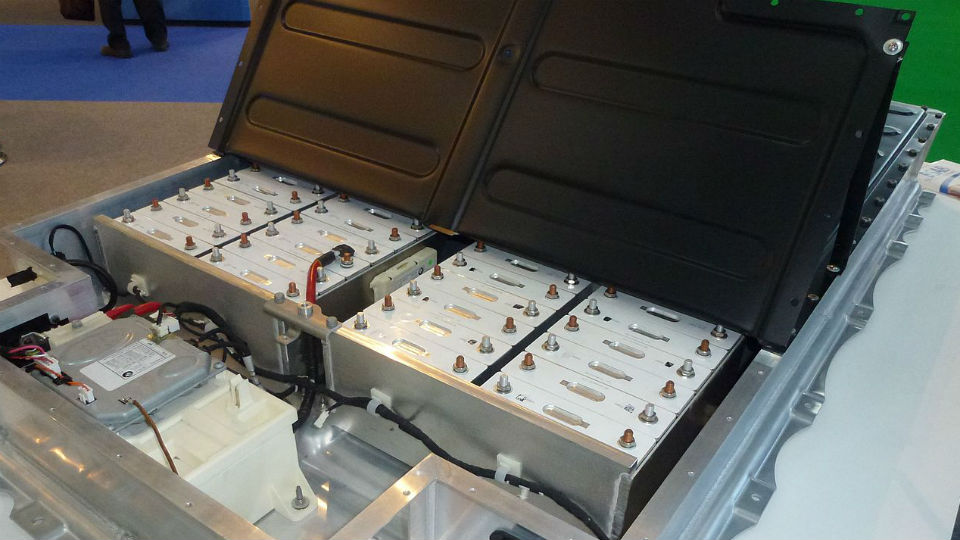Intercontinental lithium battery transport could turn to rail, says insurance company

TT Club freight insurance company says that overland transport, including rail, could attract more dangerous goods for long-distance intercontinental traffic. Despite being forbidden in the New Silk Road transport, lithium batteries could have chance onboarding trains due to safety incidents and stricter safety regulations on the sea and air transport.
Do you want to read the full article?
Thank you for visiting RailFreight.com. Become a member of RailFreight Premium and get full access to all our premium content.
Are you already a member?
Having problems logging in? Call +31(0)10 280 1000 or send an email to customerdesk@promedia.nl.




